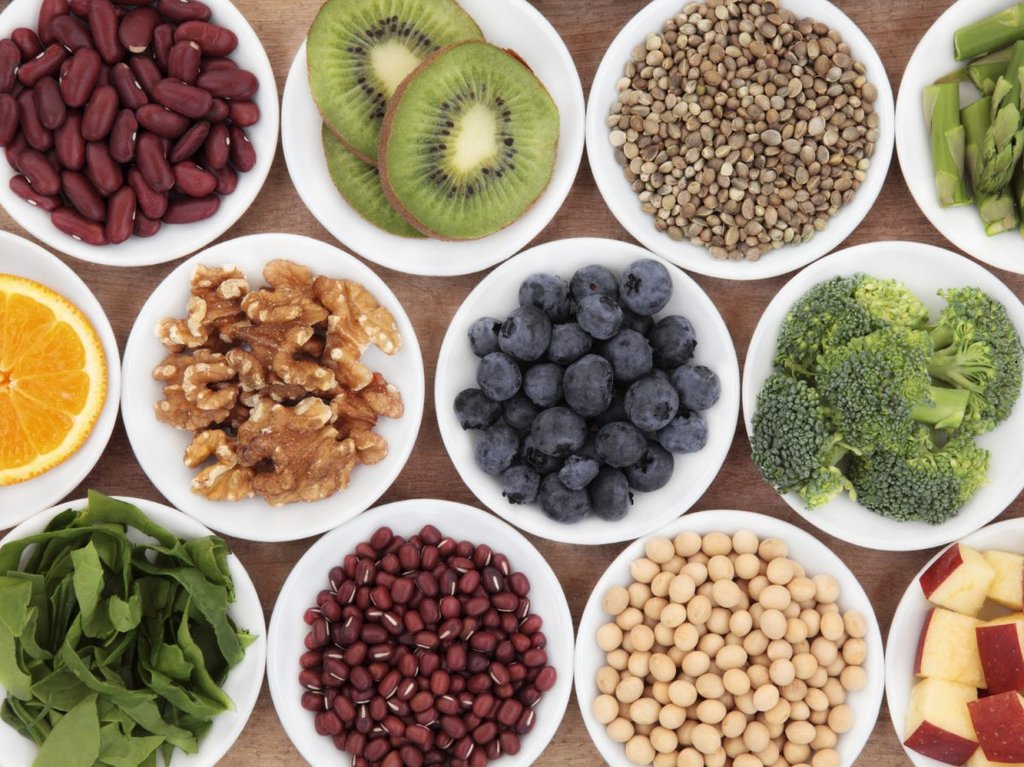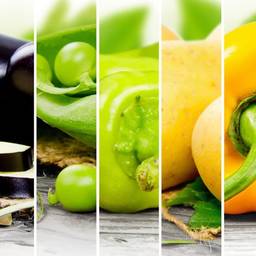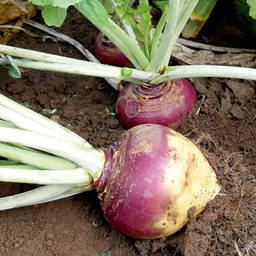In these times where recommendations and suggestions flood the media it pays to search for evidence based information that enables you to make informed decisions. The food you eat is certainly one life topic that needs that.
If you’re ‘thinking’ a vegetarian regimen is to your liking, let’s have a look at what that means as there is much more to establishing a balanced vegetarian diet than just removing meat and animal products from your plate. Vegetarian, in today’s nutrition language, covers a range of styles.
- Vegan- avoid all animal products
- Lacto vegetarian – This includes dairy
- Lacto-ovo vegetarian – includes both dairy and eggs
- Pescetarian- includes, seafood, eggs and dairy but no poultry or other meats.
- Flexitarian- semi vegetarian, aiming to reduce meat eating and increase plant based eating
You must be aware that vegetarian diets may be low in protein, iron, zinc, VitB12, calcium (especially with a vegan diet) and long-chain omega 3 fats.
Therefore, as with any diet plan, you should plan to ensure all the essential nutrients are provided. You will need:
- A variety of protein sources as not all vegetarian protein sources are a complete protein (they may lack some of the essential amino acids) Good sources are tofu, legumes, lentils, chickpeas nuts, eggs and dairy (if you are not vegan) Every cell in our body requires protein and if you are removing animal sources of protein, they will need to be replaced with vegetarian options
- Calcium rich products such as yoghurt, milk (soy or fortified alternative), cheese.
- Nuts and seeds
- Wholegrains e.g. bread, pasta, rice, couscous, quinoa
- A range of vegetables both cooked and uncooked with a variety of colours
- Servings of fruit
It is also important to be aware of deficiencies that may come with vegetarian choices:
- Iron deficiency – iron is most available or best absorbed from red meat so as a vegetarian it is easy to become low or deficient. You can include fortified cereals and iron-containing vegetarian sources – see previous blog Update on Iron
- Vit B12 – only found in animal products and some fortified foods such as Marmite so depending on the type of vegetarian regimen an appropriate supplement may be necessary.
So whether you are making vegetarian choices to help the environment or to benefit from health outcomes you do need to take the time to plan and ensure your food choices offer you a complete nutrition.
References
http://publichealth.llu.edu/adventist-health-studies/videos-and-media-reports/cancer-protection-lacto-ovo-diet
http://publichealth.llu.edu/adventist-health-studies/videos-and-media-reports/diet-and-blood-pressure




